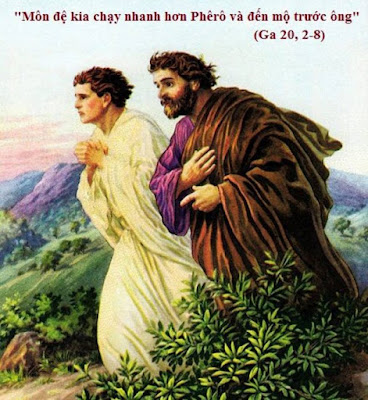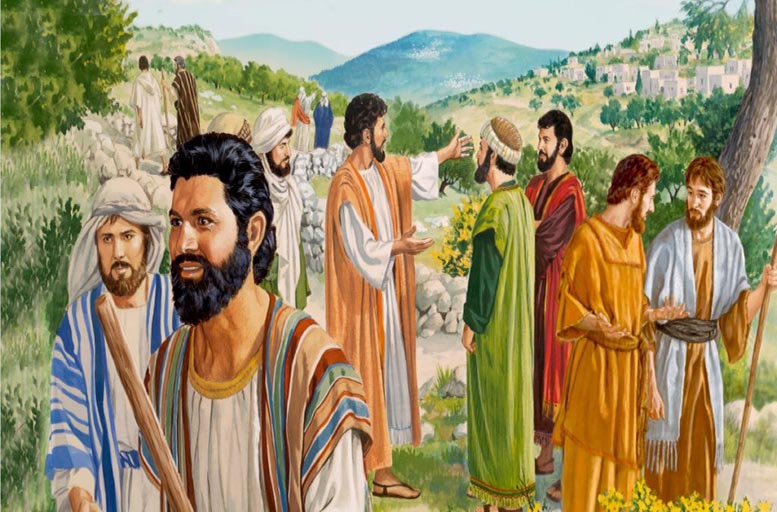Reflection
12th Sunday in Ordinary Time| Year C
Luke 9:18-24One day when Jesus was praying alone in the presence of his disciples he put this question to them, ‘Who do the crowds say that I am?’ And they answered, ‘John the Baptist; others Elijah; and others say one of the ancient prophets come back to life.’ But you,’ he said ‘who do you say that I am?’ It was Peter who spoke up. ‘The Christ of God’ he said. But he gave them strict orders not to tell anyone anything about this.
‘The Son of Man’ he said ‘is destined to suffer grievously, to be rejected by the elders and the chief priests and scribes and to be put to death, and to be raised up on the third day.’
Then to all he said, ‘If anyone wants to be a follower of mine, let him renounce himself and take up his cross every day and follow me. For anyone who wants to save his life will lose it; but anyone who loses his life for my sake, that man will save it.’
Reflection
When Jesus asked the disciples “Who do the crowds say that I am?” the replies indicated that the people were trying to place Jesus in terms of their previous knowledge and experience of prophets.
The people had sensed that Jesus was more like a prophet than a political agitator. But they seemed unable to expand their thinking beyond that of their experience of current prophets like John the Baptist or the ancient prophets like Elijah. It was Peter, led by the Holy Spirit, who went beyond his experience to identify Jesus as the Christ.
Experience is a major factor in our interpretation of the world around us and the people we meet. Experience can help in the making of wise decisions, but it can also limit what we see and it can limit our openness to the inspirations of the Holy Spirit.
Generalizing from a single difficult experience of a person of a certain age, ethnicity, or religion can lead to the stereotyping of a whole group, blinding us to the uniqueness of each person. Often the “experience” of others is second-hand, coming not from personal encounter but from the media or what others have told us.
The people saw Jesus as having the same standing a prophet, therefore he was someone to be listened to and respected. This categorization worked in his favour with the crowd, who had nothing to lose and everything to gain from having a prophet in their midst. For the Pharisees and others in authority the possibility that Jesus was a prophet was alarming as it represented a challenge to their power.
We can stereotype or categorize people in ways which can be either positive or negative. Negative stereotyping is always harmful; positive stereotyping at least allows a person the chance to be accepted, but it can also limit our understanding of the individual with all his or her potential, talents and weaknesses. The people stereotyped Jesus in a good way, as a prophet, but did not make the leap to seeing him as the Messiah.
Seeking out and moving beyond the stereotypes which have lodged deep in our minds helps to open us to others and to the Holy Spirit. Peter’s faith-filled statement about Jesus was inspired by the Holy Spirit. The same Spirit can lead us beyond our experience into new insights and understanding of others and of Jesus himself, if we are prepared to let go of our pre-conceptions and stereotype.
The List of Contributions Received by Caritas Vietnam
1. The list of 2024 contributions to the Caritas Vietnam general charity fund
2. The list of 2023 contributions to the Caritas Vietnam general charity fund
Latest project information
Copyright © 2018 by COMMISSION on CHARITY and SOCIAL ACTIONS - CARITAS VIETNAM
Total visits: 25,110,259
















